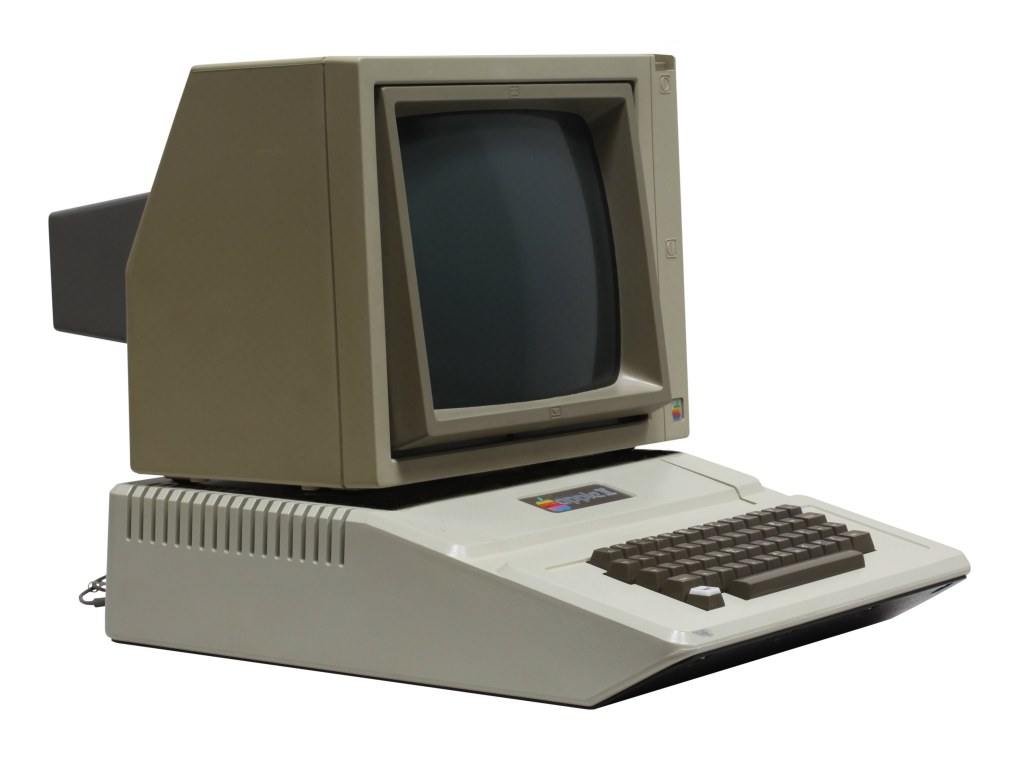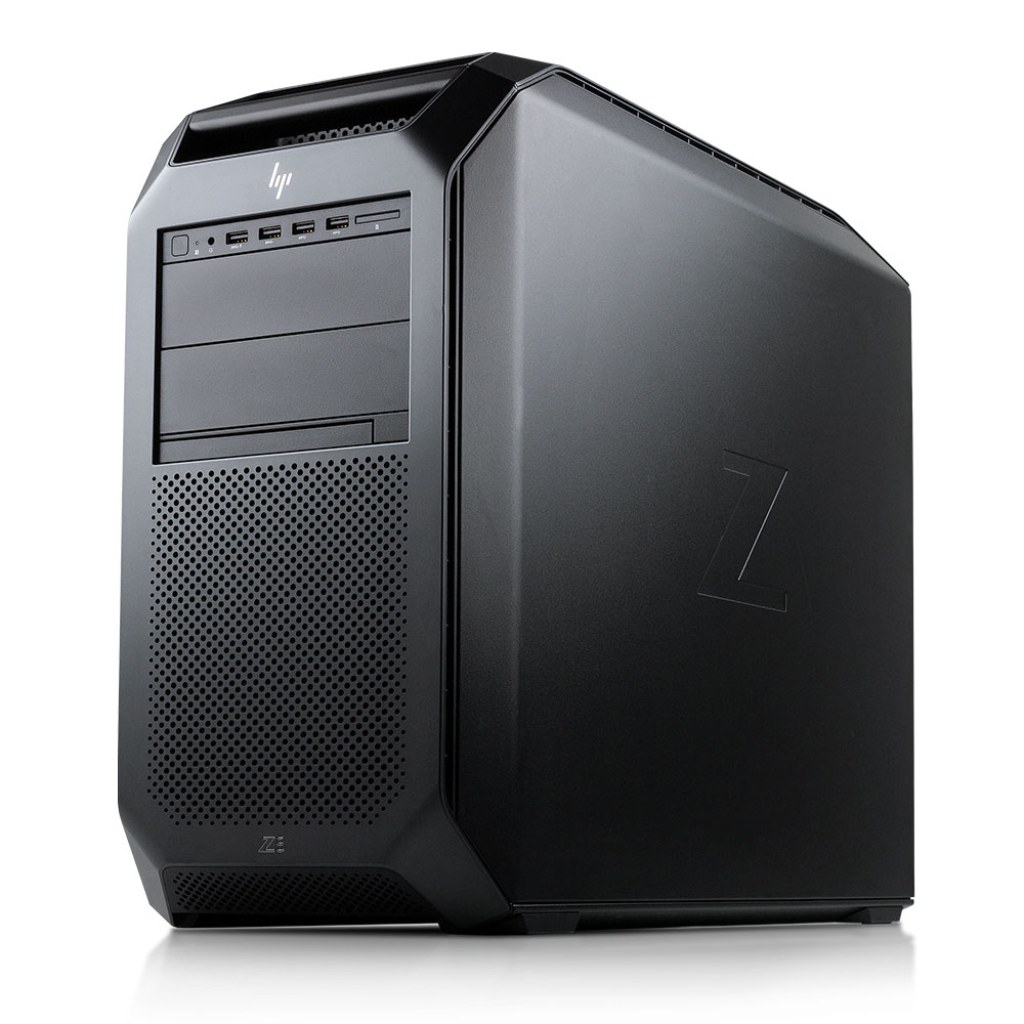Desktop PC Definition: A Comprehensive Guide to Understanding the Basics
Introduction
Hello readers,
Welcome to this comprehensive guide on desktop PC definition. In today’s digital age, desktop PCs remain an integral part of our lives. Whether it’s for work, entertainment, or gaming, understanding the basics of desktop PCs is essential. In this article, we will explore various aspects of desktop PCs, including their definition, history, advantages and disadvantages, and frequently asked questions. So, let’s dive in and expand our knowledge about desktop PCs.
What is a Desktop PC?
🖥️ Definition: A desktop PC, short for personal computer, is a computer system designed for regular use at a single location. It consists of a monitor, a keyboard, a mouse, a central processing unit (CPU), and other peripheral devices. Unlike laptops or tablets, desktop PCs are stationary and provide higher performance capabilities.
A desktop PC typically runs on an operating system like Windows, macOS, or Linux, and it offers a wide range of applications for various purposes, such as word processing, web browsing, gaming, and multimedia editing.
Key Features of a Desktop PC
1. High Performance: Desktop PCs are known for their superior performance compared to laptops or tablets. They have more powerful processors, larger RAM capacity, and dedicated graphics cards, enabling them to handle resource-intensive tasks efficiently.

Image Source: wikimedia.org
2. Expandability: One of the major advantages of desktop PCs is their expandability. Users can easily upgrade components like RAM, storage, and graphics cards to enhance performance according to their needs.
3. Customization Options: Desktop PCs offer a wide range of customization options. Users can choose components, such as processors, motherboards, and cooling systems, to build a PC that suits their specific requirements.
4. Multiple Display Support: Most desktop PCs support multiple displays, allowing users to extend their workspace or enjoy immersive gaming experiences.
5. Efficient Cooling: Desktop PCs usually have better cooling systems than laptops, which helps maintain optimal performance during long computing sessions.
6. Cost-Effective: In general, desktop PCs offer better value for money compared to laptops with similar specifications. They are often more affordable and provide a higher level of performance.

Image Source: harlander.com
7. Connectivity Options: Desktop PCs come with various connectivity options, including multiple USB ports, audio jacks, Ethernet ports, and expansion slots, allowing users to connect peripherals and expand their system.
Who Uses Desktop PCs?
👥 Users: Desktop PCs are widely used by individuals, professionals, and businesses across different industries. They cater to a diverse range of users, including:
1. Gamers: Desktop PCs are popular among gamers due to their high-performance capabilities. They can handle demanding games with advanced graphics and provide better gaming experiences.
2. Professionals: Many professionals, such as graphic designers, architects, engineers, and video editors, rely on desktop PCs for their computing needs. The powerful hardware and software compatibility make desktop PCs ideal for resource-intensive tasks.
3. Students: Desktop PCs are commonly used by students for studying, research, and completing assignments. They offer a more comfortable and productive workstation compared to laptops.
4. Small Businesses: Desktop PCs are the preferred choice for small businesses, providing a reliable and cost-effective solution for administrative tasks, bookkeeping, and running software applications.
5. Home Users: Many households use desktop PCs for everyday tasks like web browsing, email, multimedia entertainment, and online shopping.
When Did Desktop PCs Become Popular?
📅 History: Desktop PCs have a rich history that dates back to the 1970s. The introduction of the microprocessor by Intel in 1971 revolutionized the computer industry and paved the way for the development of desktop PCs.
The first commercially successful desktop PC was the IBM Personal Computer (IBM PC), launched in 1981. It brought personal computing to the masses and set the standard for future desktop PCs.
Over the years, desktop PCs have evolved significantly, becoming faster, smaller, and more powerful. Technological advancements have led to the introduction of features like graphical user interfaces, multimedia support, and internet connectivity.
Where Are Desktop PCs Used?
🌍 Usage: Desktop PCs can be found in various environments, including:
1. Homes: Many households have desktop PCs for personal use, such as browsing the internet, entertainment, and productivity tasks.
2. Offices: Desktop PCs are commonly used in office environments, providing employees with the necessary tools for their work, including document processing, data analysis, and communication.
3. Educational Institutions: Schools, colleges, and universities often have computer labs equipped with desktop PCs for educational purposes, research, and online learning.
4. Gaming Centers: Dedicated gaming centers or cyber cafes offer desktop PCs with high-performance specifications for gamers to enjoy multiplayer gaming experiences.
5. Libraries: Public libraries provide desktop PCs for visitors to access information, conduct research, and utilize educational resources.
Why Choose a Desktop PC over Other Devices?
❓ Advantages: Desktop PCs offer several advantages over other devices, such as laptops or tablets:
1. Power and Performance: Desktop PCs are known for their superior performance, making them suitable for resource-intensive tasks like gaming, multimedia editing, and software development.
2. Upgradeability: Unlike laptops or tablets, desktop PCs allow easy upgrading of components like RAM, storage, and graphics cards, ensuring they stay relevant for longer periods.
3. Cost-Effectiveness: Desktop PCs often provide better value for money compared to laptops with similar specifications. They offer higher performance at a lower cost.
4. Ergonomics: The larger size of desktop PCs allows for a more ergonomic setup, with adjustable monitors, keyboards, and mice, reducing the risk of discomfort or repetitive strain injuries.
5. Multiple Display Support: Desktop PCs can support multiple displays, enabling users to multitask efficiently or enjoy immersive gaming experiences with a wider field of view.
Understanding the Limitations
❗ Disadvantages: While desktop PCs offer numerous benefits, they also have some limitations:
1. Lack of Portability: Unlike laptops or tablets, desktop PCs are stationary and not designed for portability. Moving them from one location to another can be cumbersome.
2. Space Requirements: Desktop PCs require dedicated space, including a desk or workstation, which may not be feasible in small living spaces or shared environments.
3. Power Consumption: Desktop PCs consume more power compared to laptops or tablets. They contribute to higher electricity bills and are not energy-efficient.
4. Limited Battery Backup: Desktop PCs do not have built-in batteries, so they rely on an uninterrupted power supply (UPS) or backup generators during power outages.
5. Initial Investment: Building or buying a desktop PC can involve a higher initial investment compared to laptops or tablets, especially for high-performance configurations.
Frequently Asked Questions (FAQs)
1. Can I upgrade components in a desktop PC?
Yes, desktop PCs allow easy upgrading of components such as RAM, storage, and graphics cards. This flexibility ensures that you can adapt your PC to meet your changing needs over time.
2. Are desktop PCs suitable for gaming?
Yes, desktop PCs are highly suitable for gaming due to their powerful hardware and customization options. They can handle demanding games and provide superior gaming experiences compared to laptops or consoles.
3. Do desktop PCs come with Wi-Fi connectivity?
Most desktop PCs do not come with built-in Wi-Fi connectivity. However, you can easily add Wi-Fi functionality by using USB Wi-Fi adapters or internal Wi-Fi cards.
4. How long do desktop PCs typically last?
The lifespan of a desktop PC depends on various factors, including the quality of components, usage patterns, and maintenance. On average, a well-maintained desktop PC can last around five to eight years before needing significant hardware upgrades.
5. Can desktop PCs be used for professional tasks like video editing?
Absolutely! Desktop PCs are often the preferred choice for professionals who work with resource-intensive tasks like video editing. Their powerful hardware allows for smooth rendering and editing of high-resolution videos.
Conclusion
In conclusion, desktop PCs are versatile computing systems that offer high performance, customization options, and superior user experiences. They cater to a wide range of users, including gamers, professionals, students, and small businesses. While they have certain limitations, their advantages outweigh the drawbacks, making them an excellent choice for those seeking power, performance, and flexibility.
We hope this comprehensive guide has provided you with valuable insights into the world of desktop PCs. Whether you’re considering purchasing a new desktop PC or simply expanding your knowledge, understanding the basics is crucial. So, take the next step, explore the options available, and embrace the power of desktop PCs.
Disclaimer: The information provided in this article is for general informational purposes only. We do not endorse any specific brand or product. Readers are advised to conduct further research and consult with experts before making any purchasing decisions.